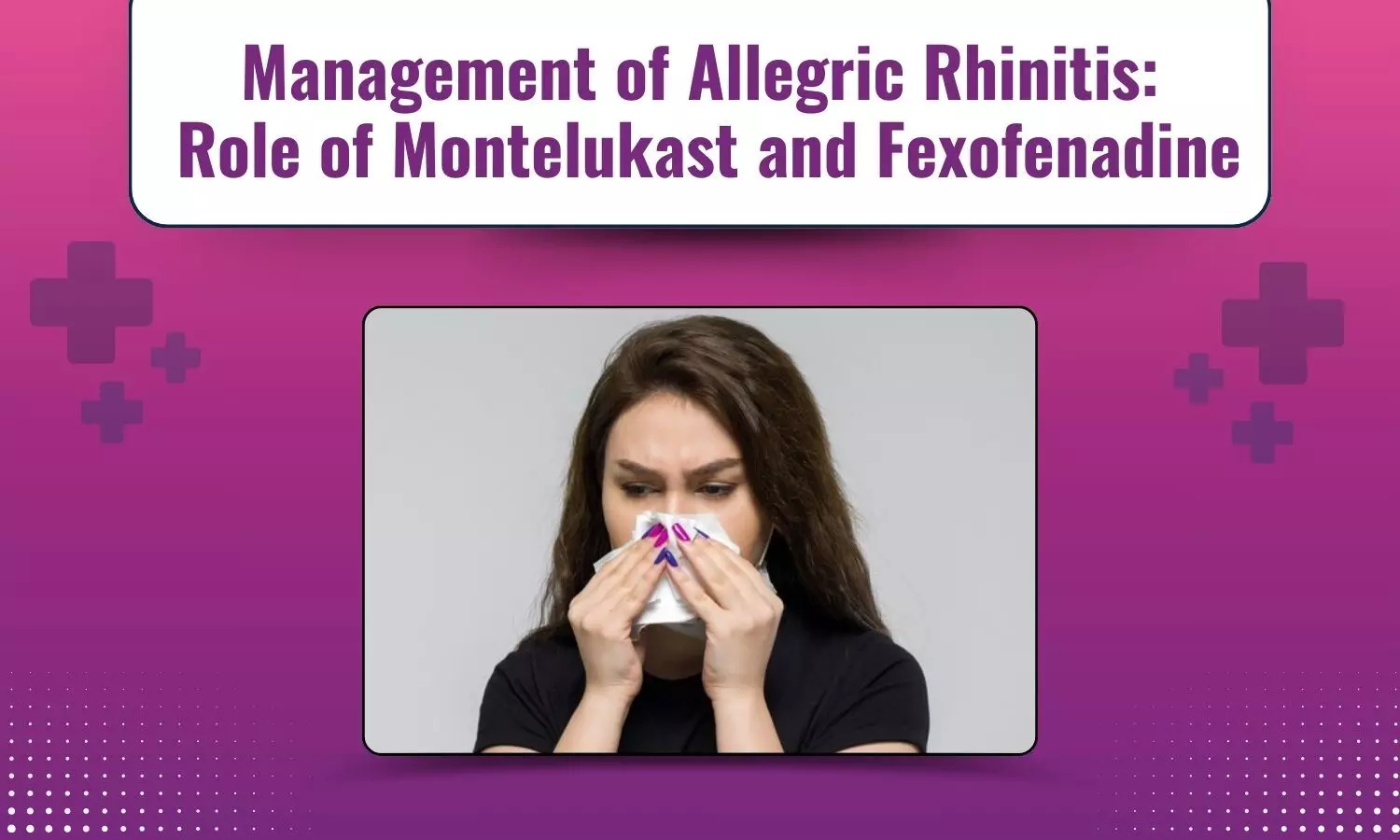Combination therapy with Montelukast Sodium effective for managing Cough Variant Asthma in children, finds study

A groundbreaking study found that
combination therapy of montelukast sodium can effectively treat cough variant
asthma (CVA) in children, according to the analysis results published in the
journal Pediatric Pulmonology.
Cough variant asthma (CVA) is a
subtype of asthma with cough as the only or primary symptom and is the leading
cause of chronic cough. It is typically seen in children as morning and evening
cough with worsening symptoms. Antibiotic treatment is ineffective in such
asthma subtypes. Inhaled corticosteroids (ICS) combined with β2‐antagonists are
the initial treatment strategies for CVA. Literature has shown that montelukast
sodium, which is a highly specific and selective leukotriene receptor
antagonist, can be effectively used to reduce airway inflammation in children
with CVA. As there is inconsistency in the outcomes of various studies and a
lack of studies on the efficacy of montelukast sodium in combination therapy,
researchers have conducted a systematic review and meta-analysis on the
Clinical efficacy of montelukast sodium combination therapy for cough variant
asthma in children.
Numerous databases, including
China National Knowledge Infrastructure (CNKI), Wan Fang database, Embase,
PubMed, and Web of Science, were searched to collect necessary studies that met
the criteria for the combined treatment of montelukast sodium for CVA in
children. Various randomized controlled trials (RCT) and retrospective cohort
studies that compared the clinical effects of conventional treatment alone and
combined with montelukast sodium patients younger than 18 years of age were
included in the systematic review. The treatment group received montelukast
sodium, while the control group received budesonide, fluticasone propionate, salmeterol‐fluticasone,
or ketotifen alone. The effectiveness of the treatment rates, the incidence of
adverse reactions, peak expiratory flow (PEF), forced vital capacity (FVC),
forced expiratory volume in 1 s (FEV1), FEV1/FVC, and the levels of TNF‐α,
IL‐4, and IgE in serum after treatment were the primary outcomes of
measurement.
Findings:
- The meta-analysis and review included 18 papers.
- All the studies included the Chinese population.
- The combined treatment group showed more significant
effectiveness than the control group. - Both groups showed similar incidences of adverse
reactions after treatment. - After treatment, variables like peak expiratory
flow (PEF), forced vital capacity (FVC), forced expiratory volume in 1 s
(FEV1), and FEV1/FVC were significantly higher in the combined treatment group
than in the control group. - Compared with the control group, tumor necrosis
factor‐α, IL‐4, and IgE levels were significantly lower in the combined
treatment group after treatment.
Thus, the study concluded that
the combined use of montelukast sodium has significant clinical effects in treating
pediatric CVA. The study highlights the potential of combination therapy for treating
pediatric CVA and its use as a variable therapeutic option for controlling CVA.
However, the researchers stressed the importance of further research to be carried
out in diverse populations with larger sample sizes and long-term outcomes to
validate the clinical findings.
Further reading: Yang S, He X,
Zhang R. Clinical efficacy of montelukast sodium combination therapy for cough
variant asthma in children: A meta-analysis. Pediatr Pulmonol.
2024;59(6):1541-1551. doi:10.1002/ppul.26960.





